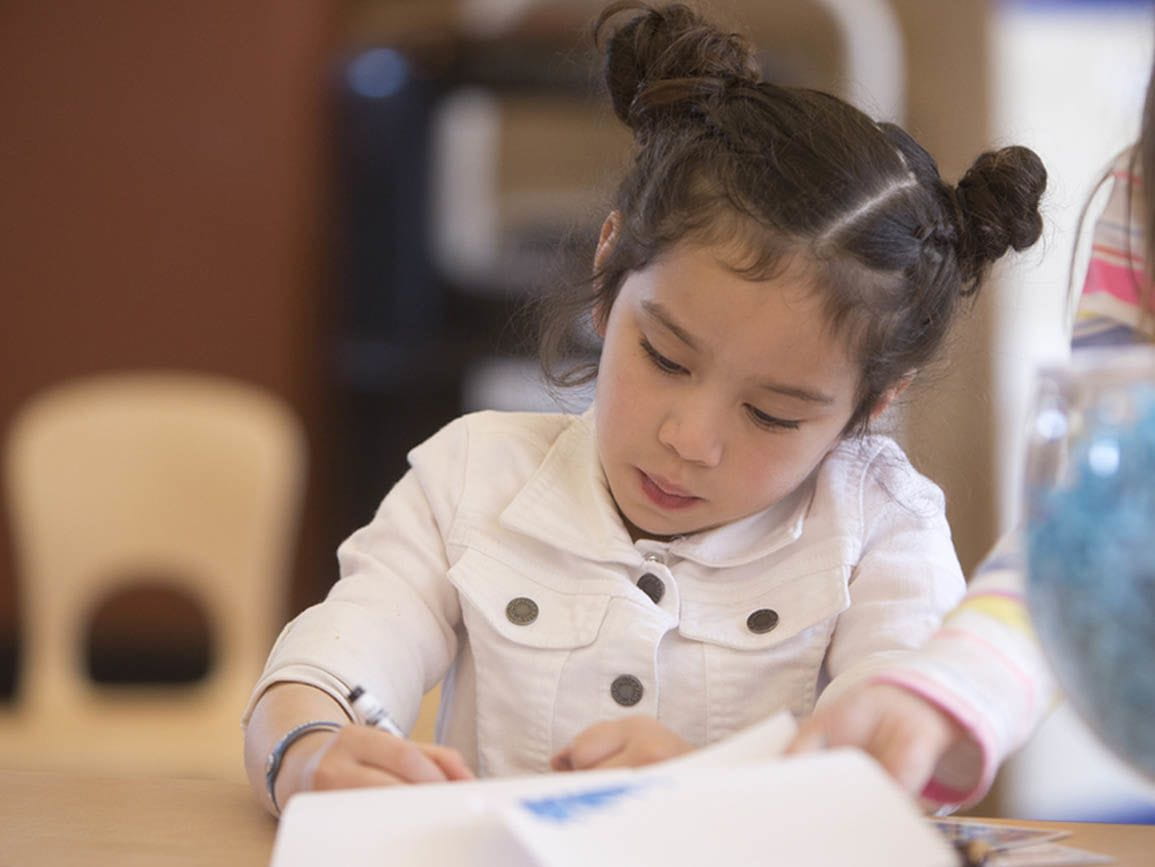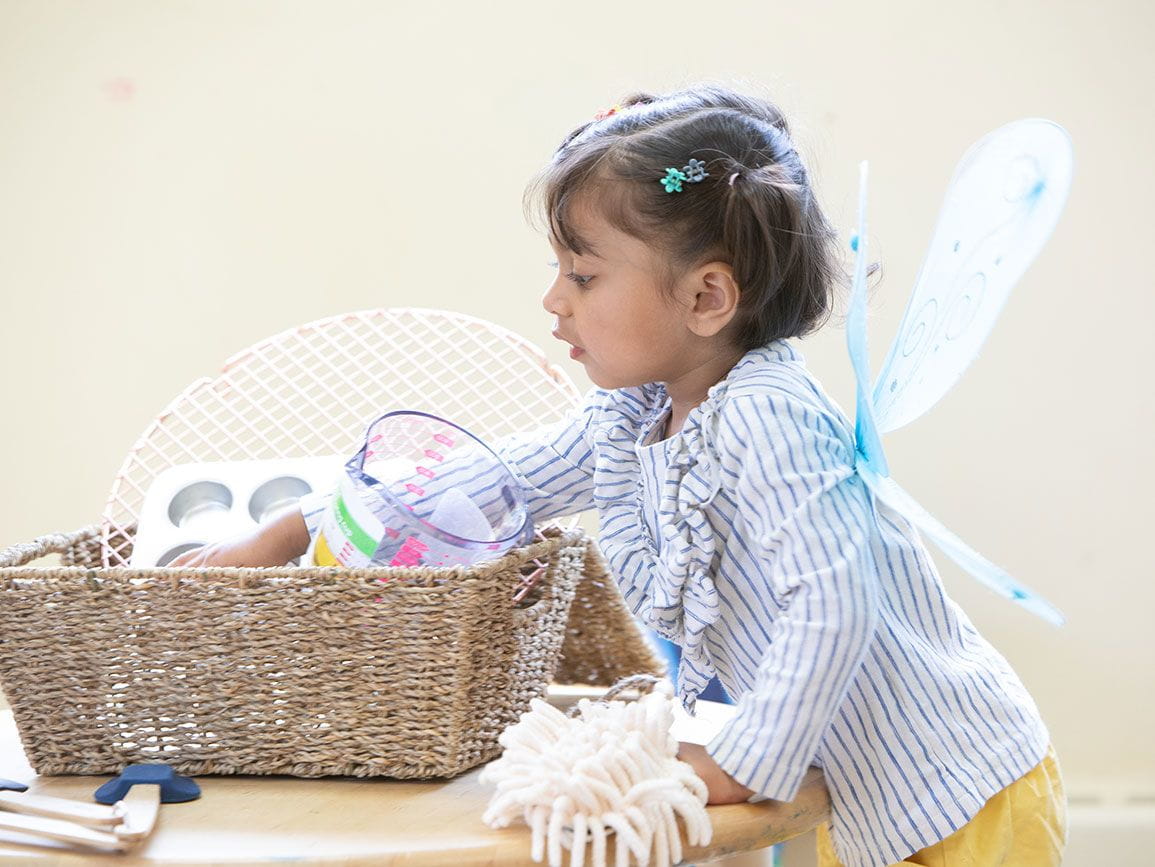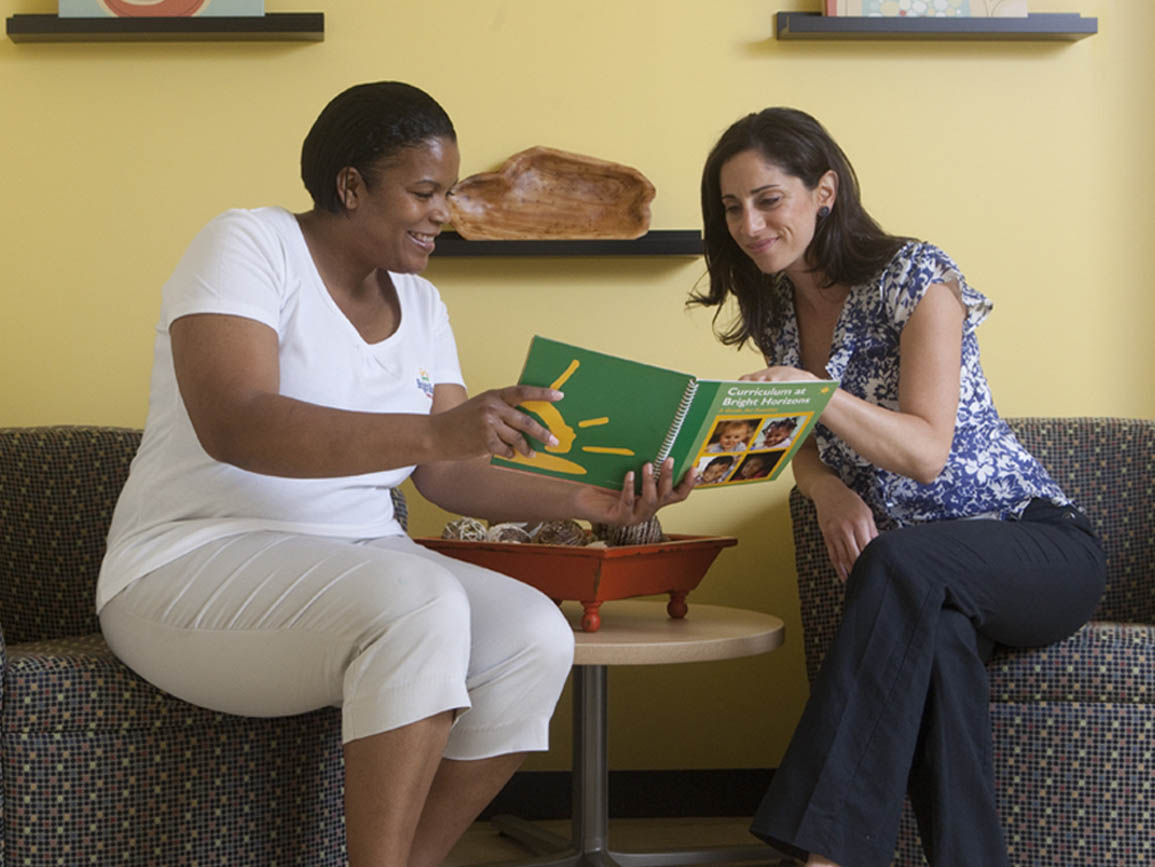Children are often anxious before the first day of school. What can parents and caregivers do to help make the first day easier?
Talk to Your Child
Remind your child that they are not the only student who is a bit uneasy about the first day of school. Teachers know that students are anxious and will make an extra effort to make sure everyone feels as comfortable as possible.
Choose a Buddy
Find out what other children are in your child's class and arrange for your children to meet before the first day. Find another child in the neighborhood with whom your youngster can walk to school or ride on the bus with that first week.
Be a Cheerleader
Point out the positive aspects of starting school: it will be fun. They will see old friends and meet new ones. Refresh their memory about previous years, when they may have returned home after the first day with high spirits because they had a good time.
Transitioning from Summer to School
Summer is a wonderful time to give children the opportunity for a more relaxed schedule. A few weeks before school starts, consider easing your child back into a routine so that on the first day it won’t feel like an abrupt physical transition. If you let your child stay up a little later during the summer, gradually get back to the bedtime you will expect when school starts. Similarly, start waking your child up in the morning at the time they’ll need to be awake for their school day.
Practice
Rehearse packing lunches in the morning, if that will be part of the fall routine, so that you will know how much extra time it will take and what supplies you will need to have on hand. If your child will purchase lunch, begin collecting dollar bills and change in a location in the kitchen so you will have it handy. Do a "dry run" of the new morning routine, whether it is walking to the bus stop, driving to the new school, etc. to see how much time it will take. Remember, it almost always takes more time than you think, especially when the unexpected happens (you have to go back for homework, sneakers for P.E. class, etc.).
Have a Back-Up Plan
Make sure you and your child know the routine for before and after school care—where they will go, how they will get between school and child care, etc. Have a back-up plan for what to do in case you are late. It's far better to prepare ahead of time than wait for an emergency.
Create Morning Moments
For happier mornings, develop a special “getting-ready” routine and stick with it. When children can predict what's coming next, they feel competent and are much more likely to cooperate. For younger children, a relaxing routine might start off with some snuggle time and independent play, followed by a nutritious breakfast. For older children, it might include time to collect homework and plan for afternoon activities.
With our reassurance and patience, our children's transition to school can be rewarding for everyone involved.





